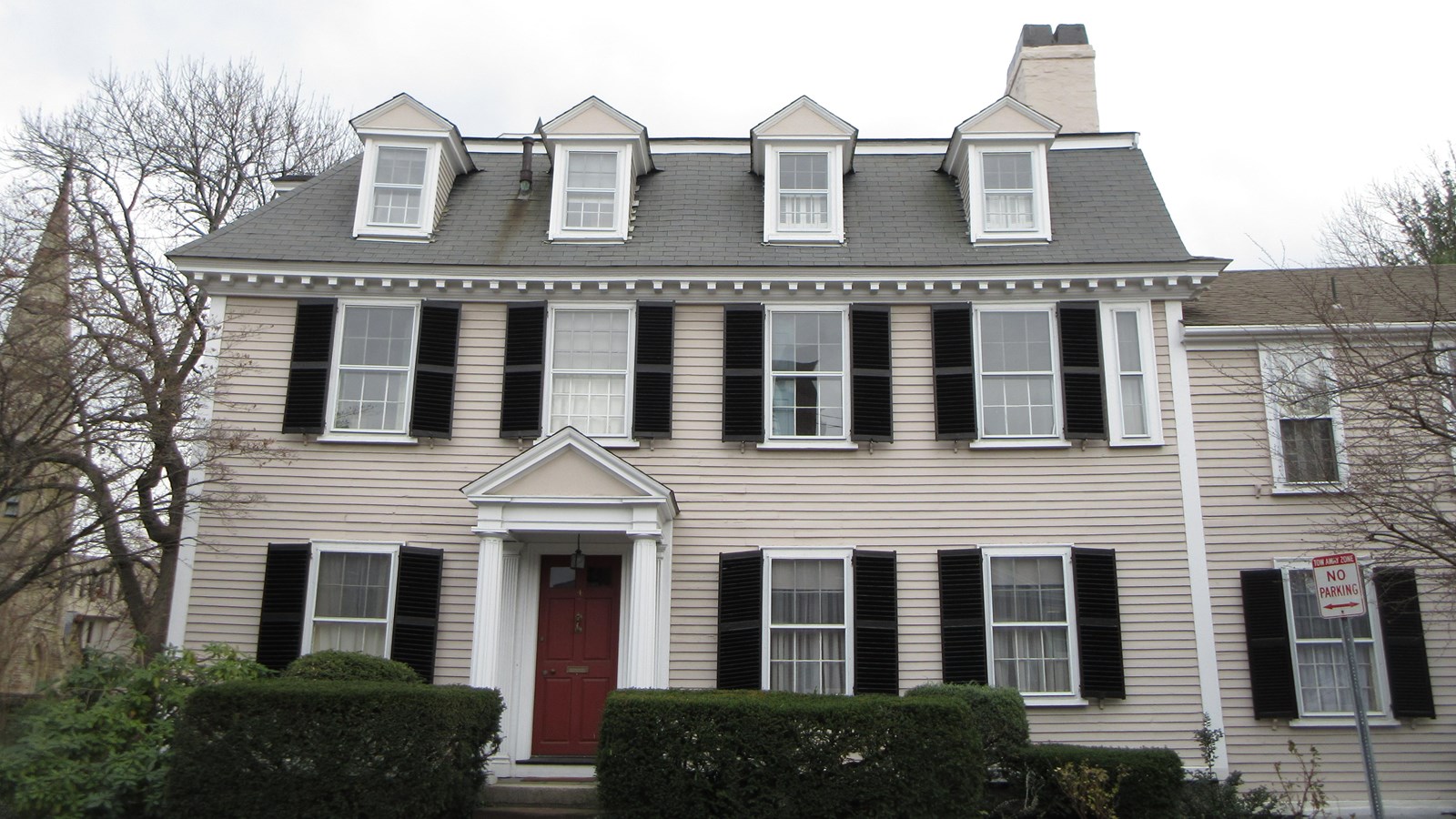Blog Post 6

https://historycambridge.org/Cambridge-Revolution/Vassall%20House.html
The Henry Vassall House, built in 1746, exuded aristocratic grandeur as the residence of Henry and Penelope Vassall. Henry died in 1769, but his wife Penelope left with many other prominent families of Tory row as the insurgent mood in Cambridge reached its height. Upon seizure by the Committee of Correspondence, the Vassal residence was converted into the central hospital for the Continental Army during the Siege of Boston. Dr. Benjamin Church, a leader of the Massachusetts Whigs and a representative from Boston to the Massachusetts legislature was unanimously chosen to act as the Surgeon-General of the American army. Dr. Church spent most of his time at the hospital that had once belonged to Henry and Penelope Vassall.
Its proximity to George Washington's headquarters (Longfellow House) and the political developments of Cambridge meant that Church was privy to sensitive information of the American forces. Chapter 14 of the J.L. Bell's book on George Washington's Headquarters and home explores the management of counterintelligence, expounding on the secret correspondence between Dr. Church and an enemy officer. It is revealed that Dr. Benjamin Church was turning over intelligence to the British in exchange for money during his active role in the Patriot cause. Church's treachery was discovered during his time overseeing the army's medical wing from the Henry Vassal house. Perhaps the Loyalist history and aura of his workspace rubbed off on Dr. Church?

https://www.nps.gov/places/penelope-vassall-house.htm
Dr. Church is emblematic of the ambivalence within many individuals and families on the political conflict amongst gentlemen like Church and other members of society who weren't as negatively impacted by the British tyranny. Church withheld the Patriots' most sensitive information from his coded letters to the British, elucidating his mixed feelings. His colleagues admitted to no fault in his management of military hospitals and the lack of any sort of sabotage of the Massachusetts army while he was on the Committee of Safety. It appears that he was playing both sides to his personal financial gain, only describing widespread activity in his coded messages to the enemy rather than useful weaknesses or chokepoints in the American forces. J.L. Bell eloquently describes Church as, "more guilty than his Patriot comrades knew, and perhaps more innocent than they suspected." However, his treachery reflects the decisions driven by greed and the preservation of personal security by many stakeholders of the revolutionary conflict.
Sources:
https://massachusettssociety.app.box.com/s/yd7iatixlwrhudmli5erw8so3amtwumb
https://historycambridge.org/Cambridge-Revolution/Vassall%20House.html

Comments
Post a Comment